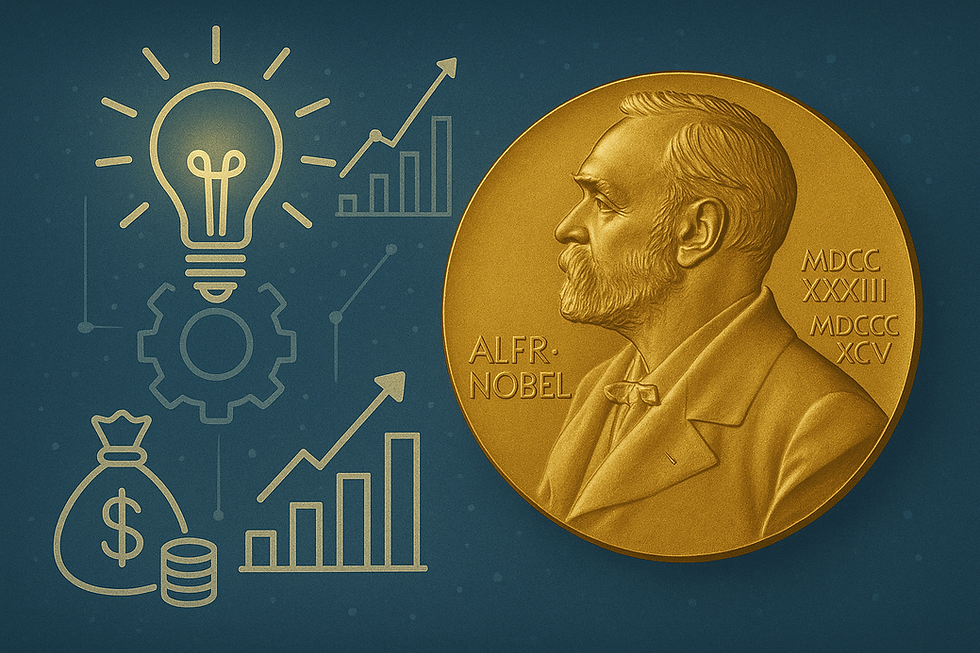Axis at the Wall Street Journal Tech Live Conference
- axisinnovation
- Oct 28, 2024
- 3 min read
Updated: Sep 30, 2025

At Axis Innovation, we are proud to be official media partners of the WSJ Tech Live event. Having attended the conference for the third consecutive year, I was once again impressed by the caliber of speakers, the depth of discussions, and the unparalleled networking opportunities. The main focus this year? AI, of course. Across all sessions, the leaders of social media, entertainment, cybersecurity, automotive, consulting, and more dove deep into the current use cases, challenges, and future opportunities that AI presents.
Here are some of the most compelling insights from the event:
AI Use Cases: Progress or Puzzle?
AI dominated the conversation, yet clear use cases remain elusive for many companies. While nearly every speaker addressed AI, the challenge of implementing it at scale was a recurring theme. Vlad Lukic, Senior Partner and Managing Director at Boston Consulting Group shared a revealing statistic: only 1 in 4 companies have successfully "cracked the code" on AI integration. Surprisingly, the main bottleneck isn’t the technology itself, but rather the people and processes required to adapt to a new way of working. The prevailing sentiment among tech leaders is that while AI's true potential is still a few years away, now is the time for organizations to get started.
AI – Augment or Replace?
Concerns about AI replacing jobs are widespread, but most tech leaders at the event viewed AI as a tool to enhance human work, rather than replace it. Joseph Gordon-Levitt, the actor, voiced his concern that AI might one day replace roles like his, yet the general consensus was more optimistic. Industry experts believe the workers and companies that thrive will be those that integrate AI into their workflows. As Figma Co-Founder and CEO Dylan Field explained, their approach is to embed AI into the heart of their products to assist with creative processes. AI, he noted, is like a "first draft" assistant, helping designers create a rough first draft that helps save time and inspire ideas, so they can do more of their best work faster.
What Can’t AI Do?
In a fascinating session, world-renowned composer Hans Zimmer explored the role of AI in music. Can AI truly replace musicians? While AI can generate music, as demonstrated live on stage, it often lacks the emotional depth that characterizes human composition. Zimmer emphasized that storytelling through music requires a deep emotional connection, something AI struggles to replicate. As more and more music, images, and text are generated by AI every day, the challenge lies in creating work that resonates emotionally with people—a task still best suited to human creators.
AI – Doom Technology or Everyone’s Best Friend?
Interestingly, this year's event reflected a more optimistic attitude toward AI compared to last year, where conversations had a more pessimistic tone. Speakers expressed hope and excitement for what AI can do, though they were careful to temper that optimism with caution. No one can predict exactly what AI will achieve in the next 5 or 10 years, but the tone was hopeful that AI will enhance, not harm, our future.
At Axis Innovation, we remain committed to staying at the forefront of technological advancement. By working closely with startups and industry leaders, we help our clients navigate the evolving landscape of AI and other innovations, bringing the future of technology one step closer to reality.
Jason Weiss, COO & Dealflow Manager @Axis Innovation














